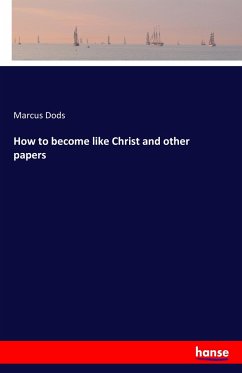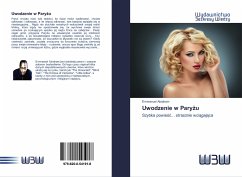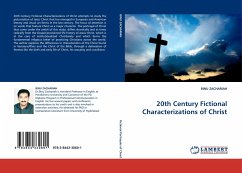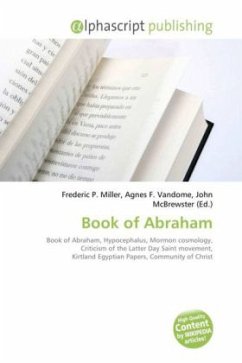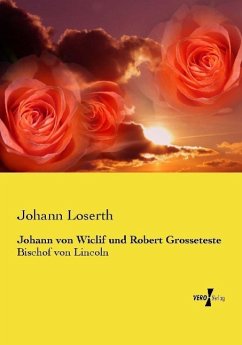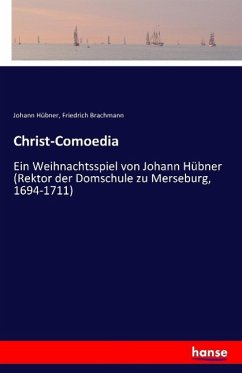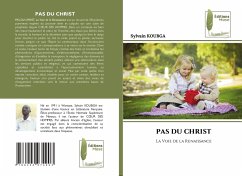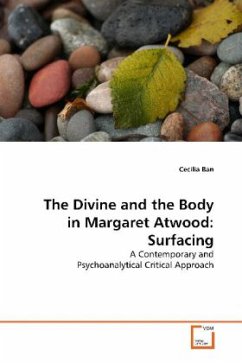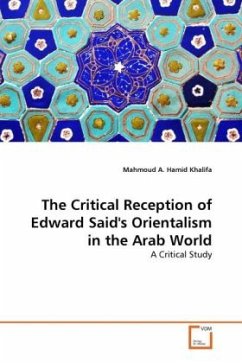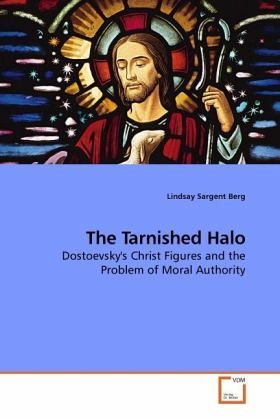
The Tarnished Halo
Dostoevsky's Christ Figures and the Problem of Moral Authority
Versandkostenfrei!
Versandfertig in 6-10 Tagen
45,99 €
inkl. MwSt.

PAYBACK Punkte
23 °P sammeln!
In general, Dostoevsky s religious beliefs in the post-exile period have been treated as a unified whole. Careful analysis of the novels written between Dostoevsky's return from Siberia and his death gives evidence, however, of an evolution in his theology. This is particularly true in the case of Dostoevsky s Christ figures, characters intended, at least to some degree, to embody the positive values seen in the life of Christ. Over time, Dostoevsky s Christology becomes less apocalyptic, less separate from humanity, and more grounded in how Christ-like values might transform earthly reality. ...
In general, Dostoevsky s religious beliefs in the post-exile period have been treated as a unified whole. Careful analysis of the novels written between Dostoevsky's return from Siberia and his death gives evidence, however, of an evolution in his theology. This is particularly true in the case of Dostoevsky s Christ figures, characters intended, at least to some degree, to embody the positive values seen in the life of Christ. Over time, Dostoevsky s Christology becomes less apocalyptic, less separate from humanity, and more grounded in how Christ-like values might transform earthly reality. The tragedy of Prince Myshkin in 'The Idiot' becomes the beginning of a series of literary experiments with moral authority, experiments that culminate in the character of Alyosha Karamazov and his central role as example and influence.



